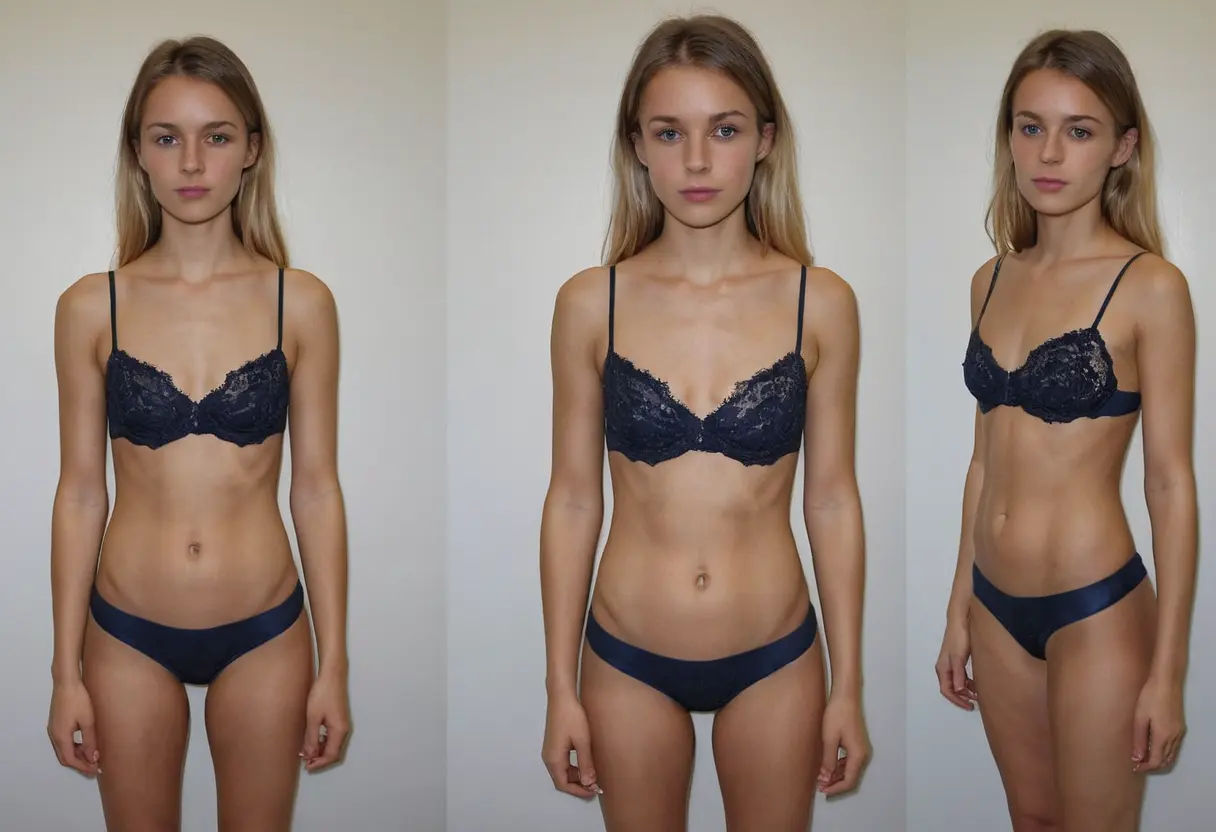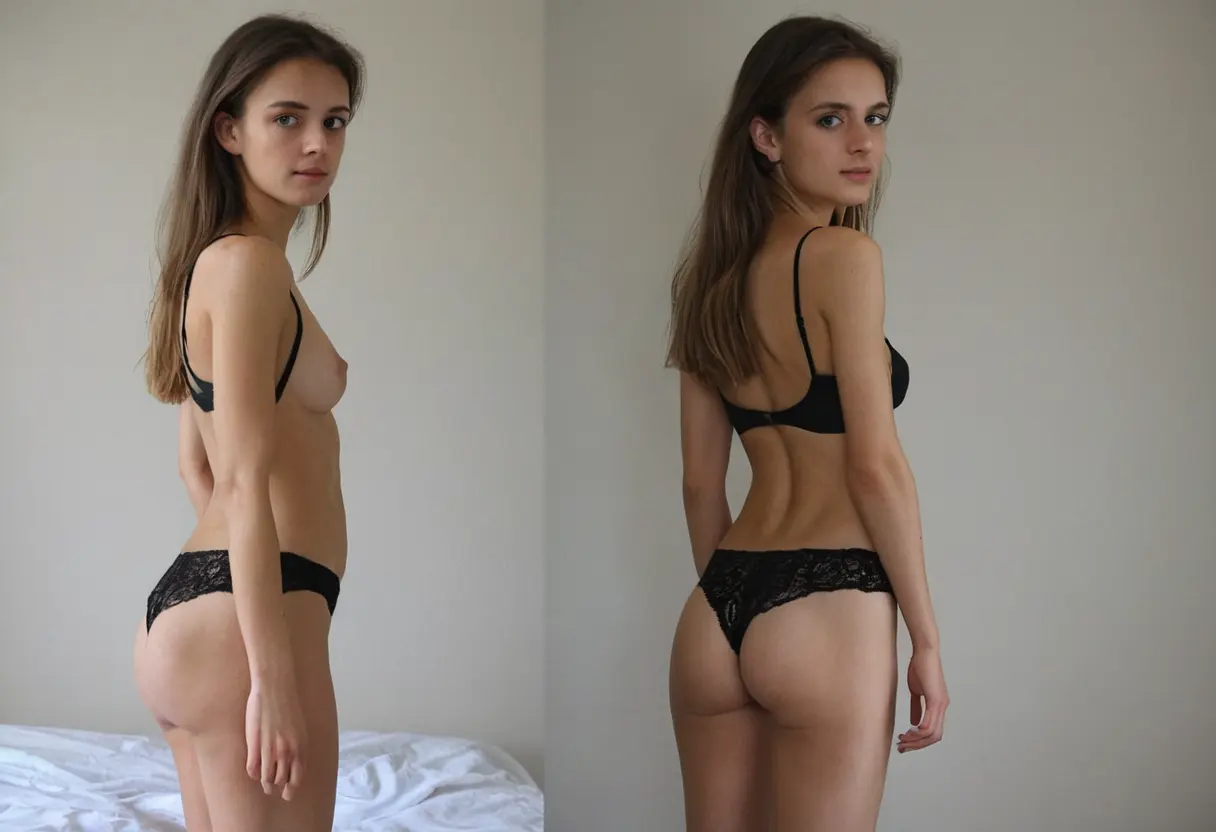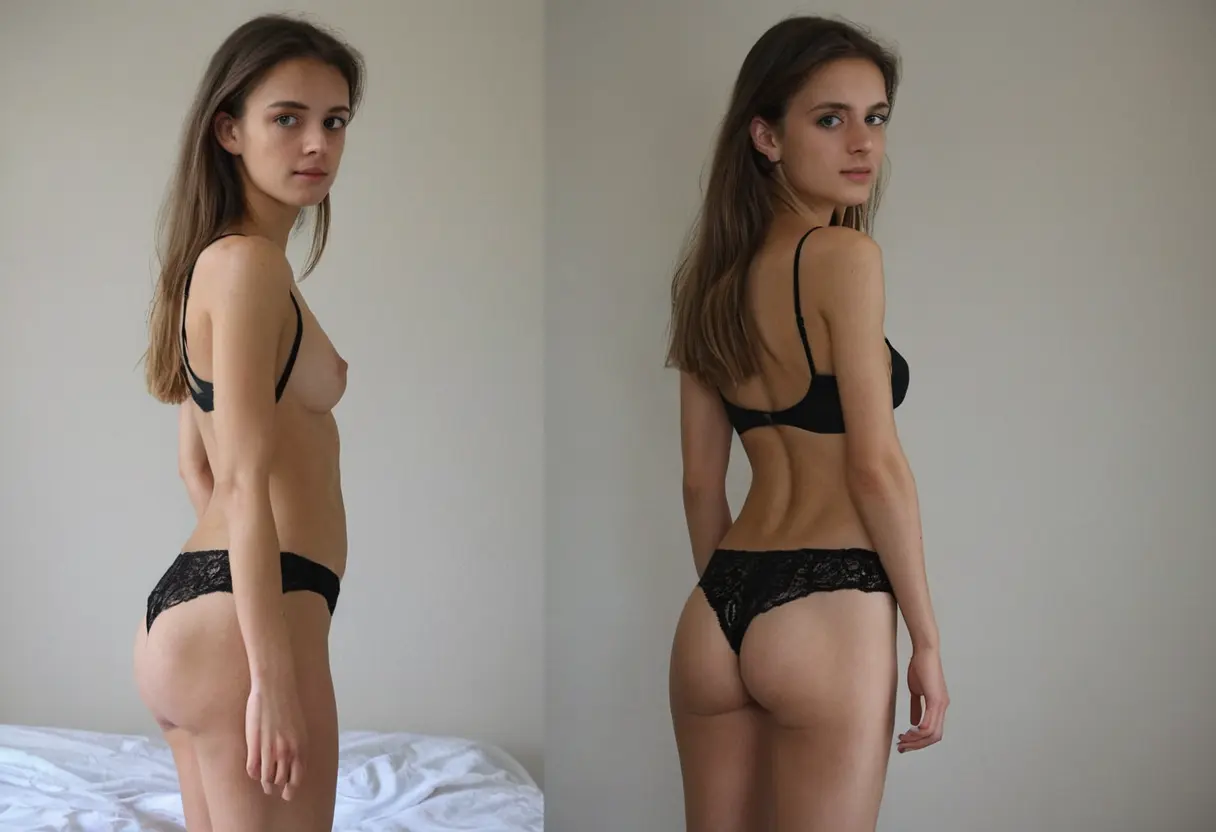Artificial Intelligence (AI) has become a transformative force in various industries, and the fashion world is no exception. The integration of AI in clothing design and digital representation is reshaping how brands create, market, and sell their products. This guide will explore the key innovations brought by AI in the clothing industry, detailing how these advancements enhance creativity, improve customer experiences, and drive sustainability. From virtual fitting rooms to AI-driven design tools, we will cover the breadth of AI applications in fashion, providing insights into the future of clothing and digital representation.
AI is revolutionizing the design process in the fashion industry. Designers now have access to sophisticated AI-driven tools that can analyze trends, predict customer preferences, and generate innovative designs. These tools leverage vast datasets from social media, e-commerce platforms, and fashion shows to identify emerging styles and color palettes.

Some notable features of AI design tools include:

One of the most exciting applications of AI in fashion is the development of virtual fitting rooms. These technologies allow customers to try on clothes virtually using augmented reality (AR). By using their smartphones or in-store kiosks, shoppers can see how garments will look on them without physically trying them on.

Key advantages of virtual fitting rooms include:
Sustainability is a growing concern in the fashion industry, and AI is playing a crucial role in promoting eco-friendly practices. AI technologies can optimize supply chains, reduce waste, and enhance resource management.
Here are several ways AI contributes to sustainable fashion:
AI technologies are also enhancing customer engagement by providing personalized experiences. From chatbots to recommendation engines, AI can analyze consumer behavior and preferences to deliver tailored content and product suggestions.
Some of the ways AI enhances customer engagement include:
As AI technology continues to evolve, its impact on the clothing industry will only grow. We can expect further innovations in design, production, and customer interaction, pushing the boundaries of what is possible in fashion.
Future trends may include:
In conclusion, AI innovations are significantly transforming the clothing industry, from enhancing design processes to improving customer experiences and promoting sustainability. As brands continue to embrace these technologies, the future of fashion looks promising, characterized by creativity, efficiency, and ethical responsibility. By understanding and implementing AI-driven strategies, the fashion industry can navigate the challenges of the modern market while catering to the evolving needs of consumers.